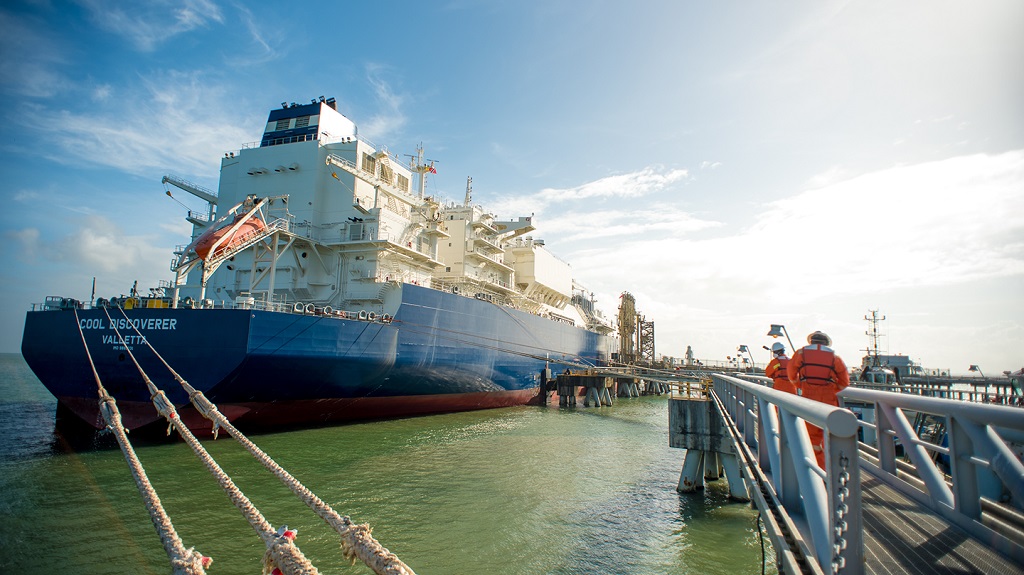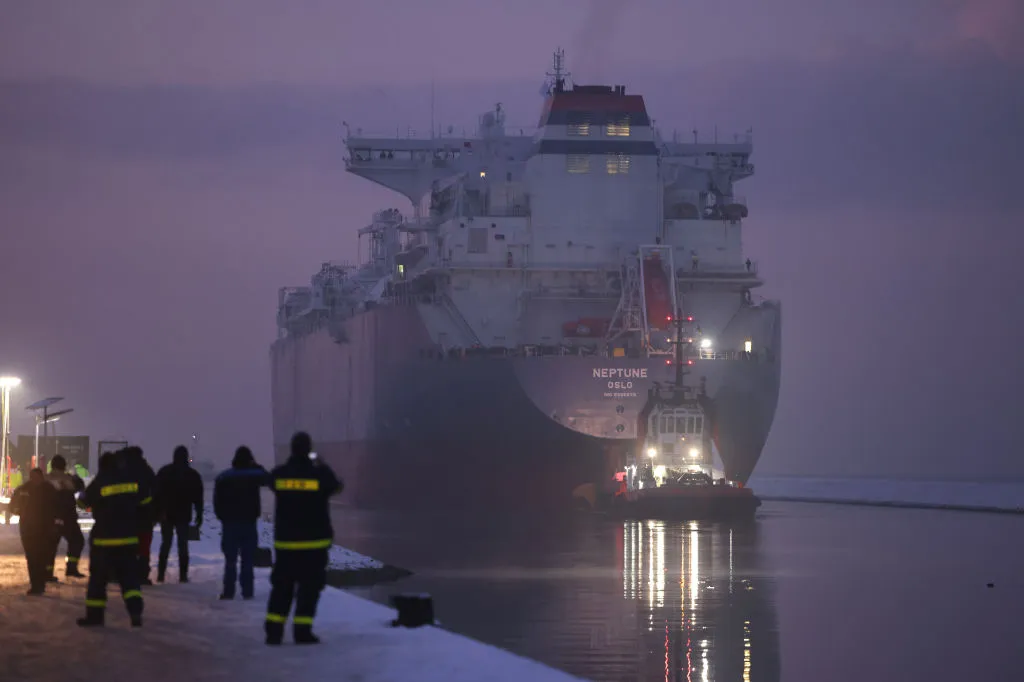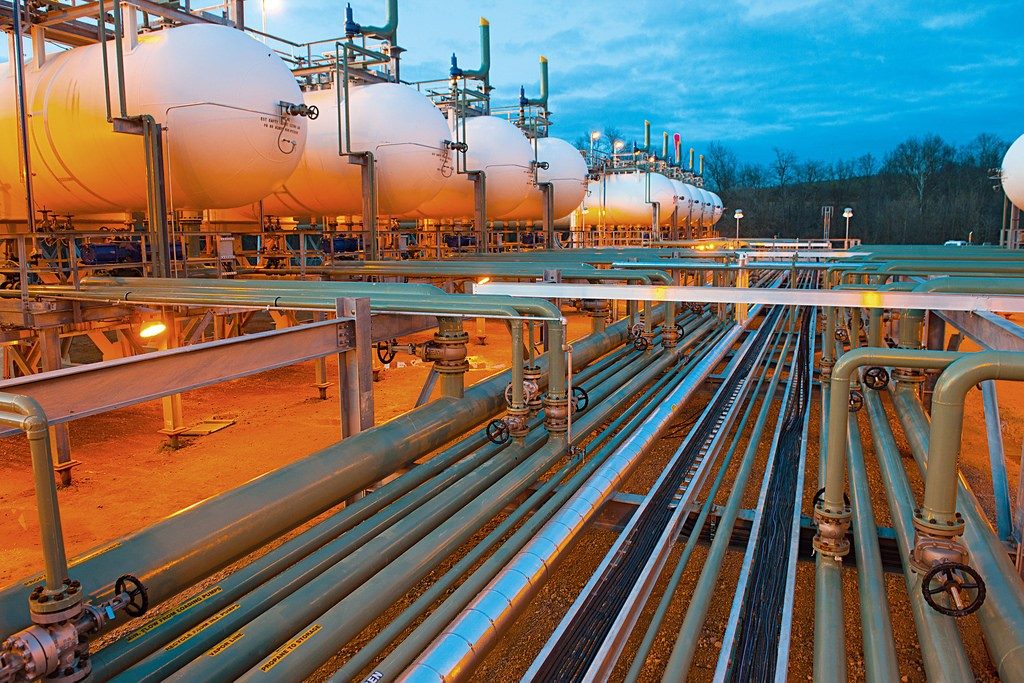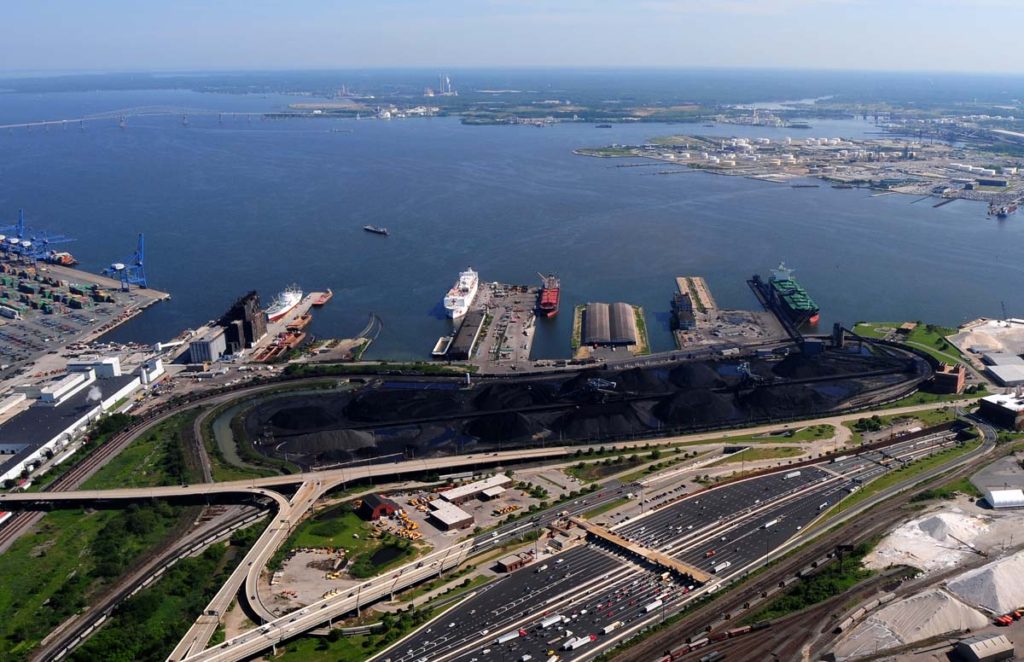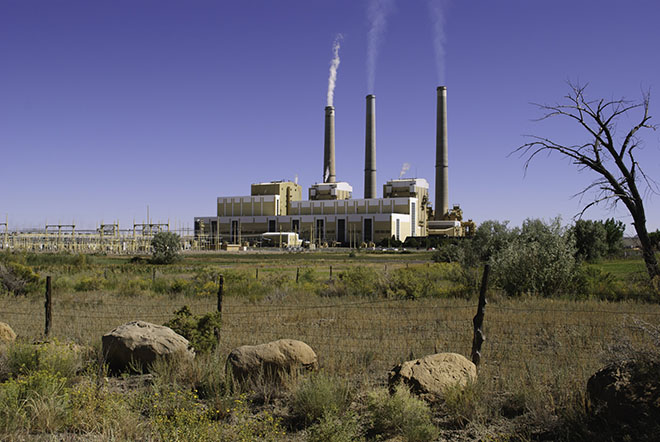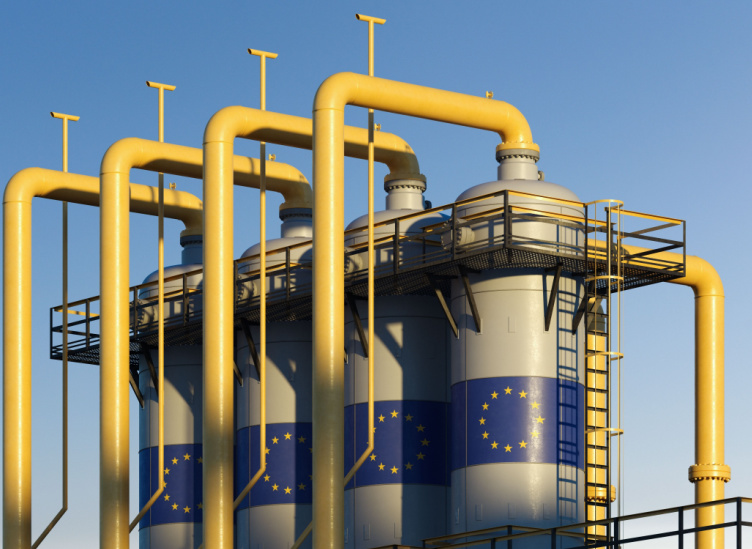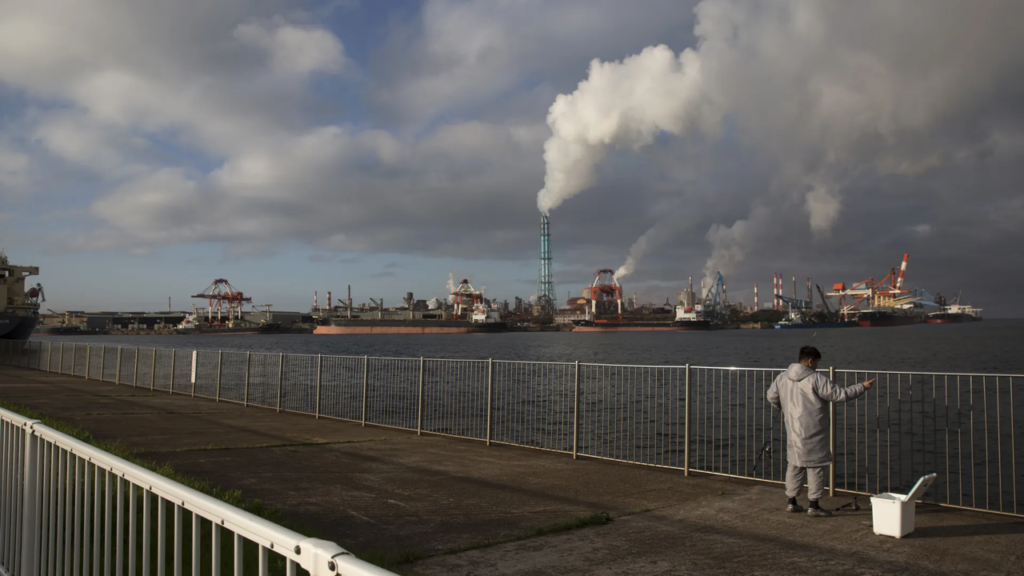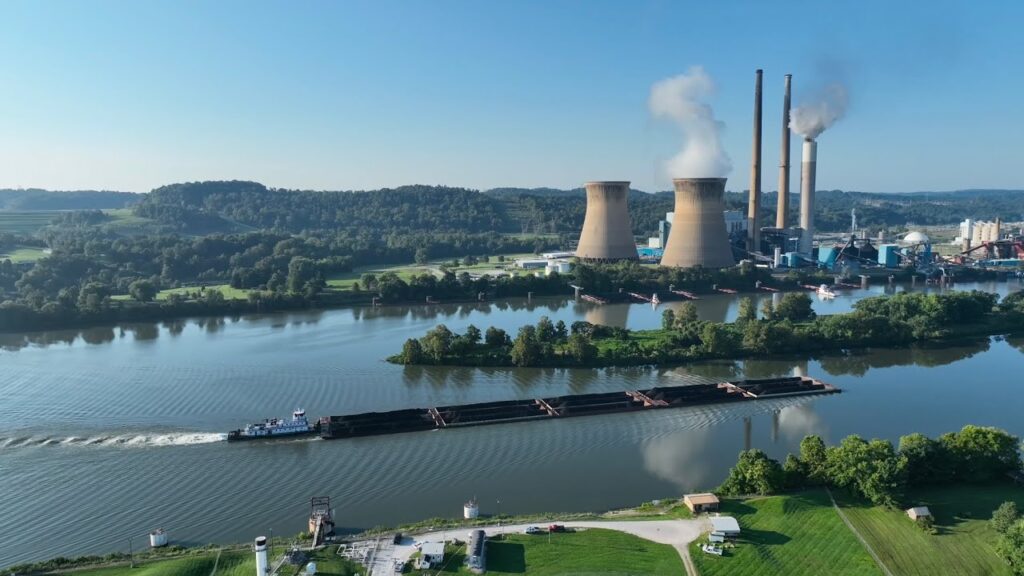With cash-strapped countries more sensitive to price, suppliers shouldn’t take growth there for granted.
The fossil-fuel industry has long touted natural gas as a reliable bridge to a low-carbon world. But as the main sources of demand shift to emerging markets, affordability will play a greater role in the commodity’s future.
The likes of Shell Plc and Woodside Energy Group Ltd. expect liquefied natural gas consumption to rise more than 50% through 2040. Their optimism is underpinned by explosive growth in the developing world — particularly China, India and Southeast Asia — as it moves away from coal.
That’s a major change for the global LNG industry, which for much of its 60-year history has been dominated by richer nations. Utilities in Japan and the UK have been willing to pay almost any price — either for long-term contracts or more recently spot shipments — to ensure energy security.
From here on out, however, demand growth will rely on countries with poorer populations that are also happy to use cheaper — and usually dirtier — alternatives.
This structural shift was on full display earlier this year, when LNG prices sank to a three-year low and prompted a flurry of purchases. Asian imports in March jumped to the highest ever for the month.
Some suppliers, such as Qatar, understand the change and how it will affect the market. That’s why the Persian Gulf nation is pushing forward with a massive export expansion that will unleash a flood of LNG later this decade.
Although prices are down 90% from the 2022 record that followed Russia’s invasion of Ukraine, they’re still roughly a third higher than the 2015-2020 average. That’s probably not low enough to sustain strong buying from Asia’s emerging markets.
And while long-term contracts can provide price stability, even these deals are more expensive than those inked in recent years.
Fossil-fuel suppliers shouldn’t take gas demand growth for granted. The new batch of buyers are looking for the best deals. If the price isn’t right, LNG may end up being a bridge to nowhere.
By Stephen Stapczynski, Bloomberg News

